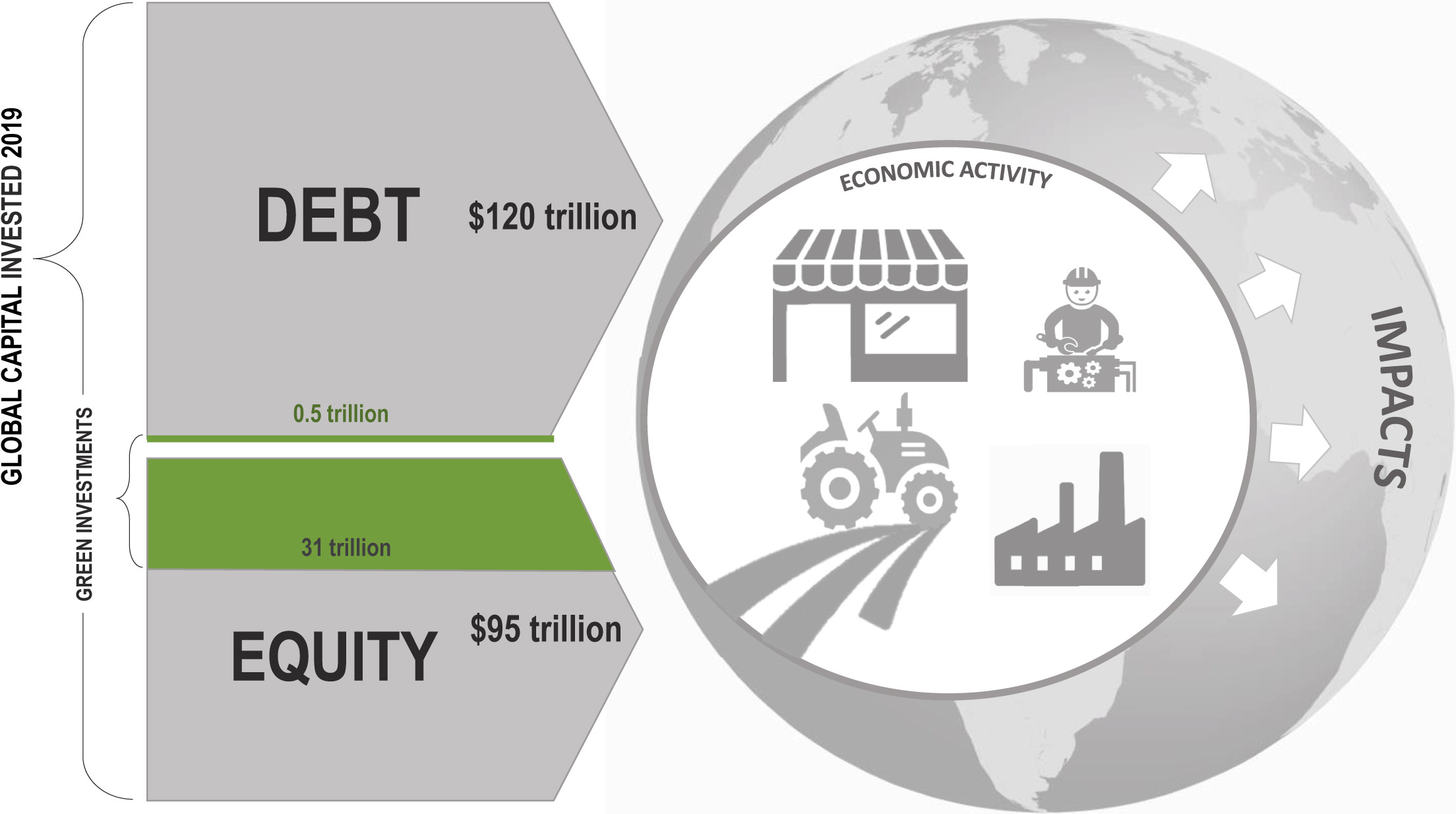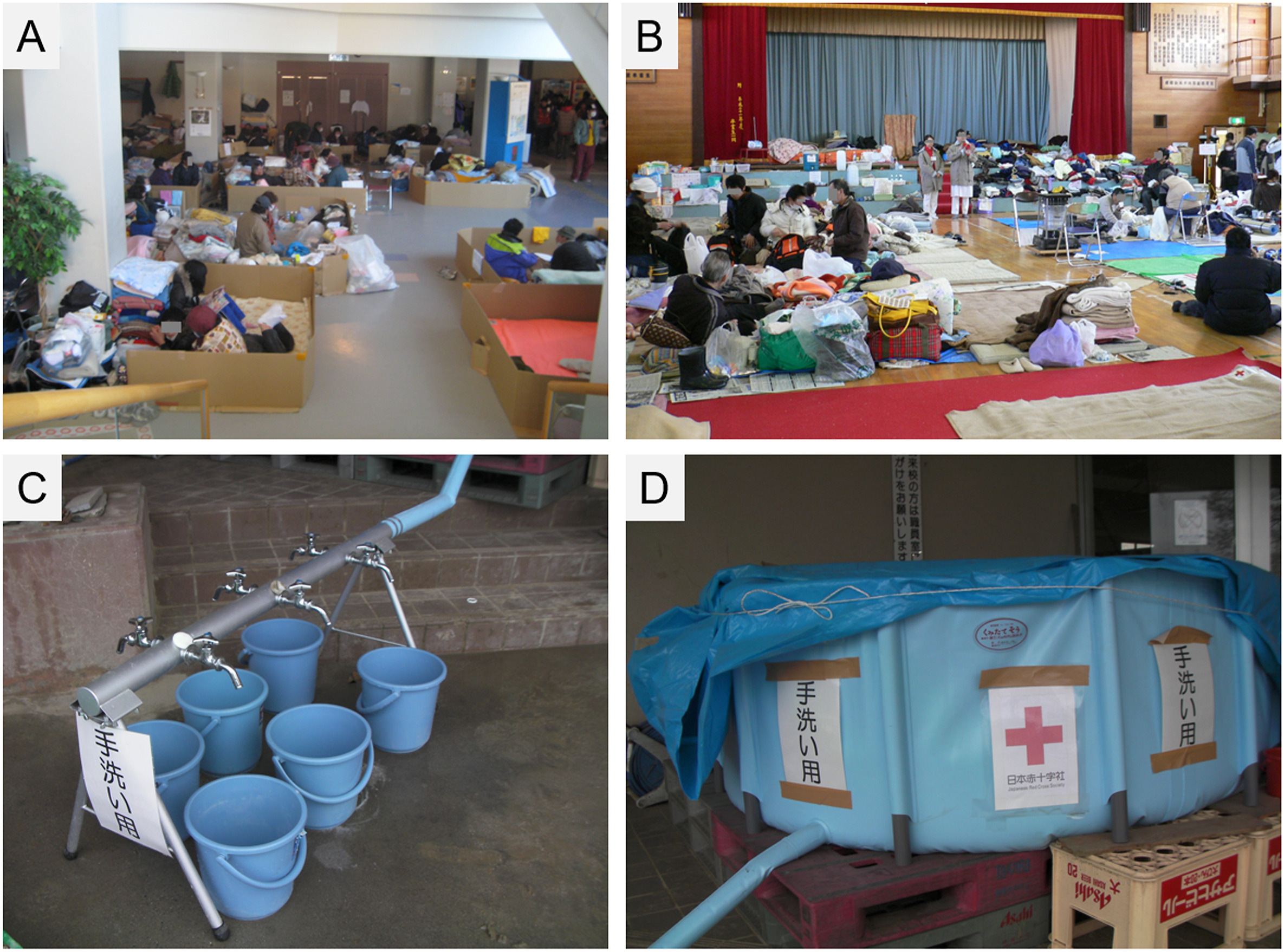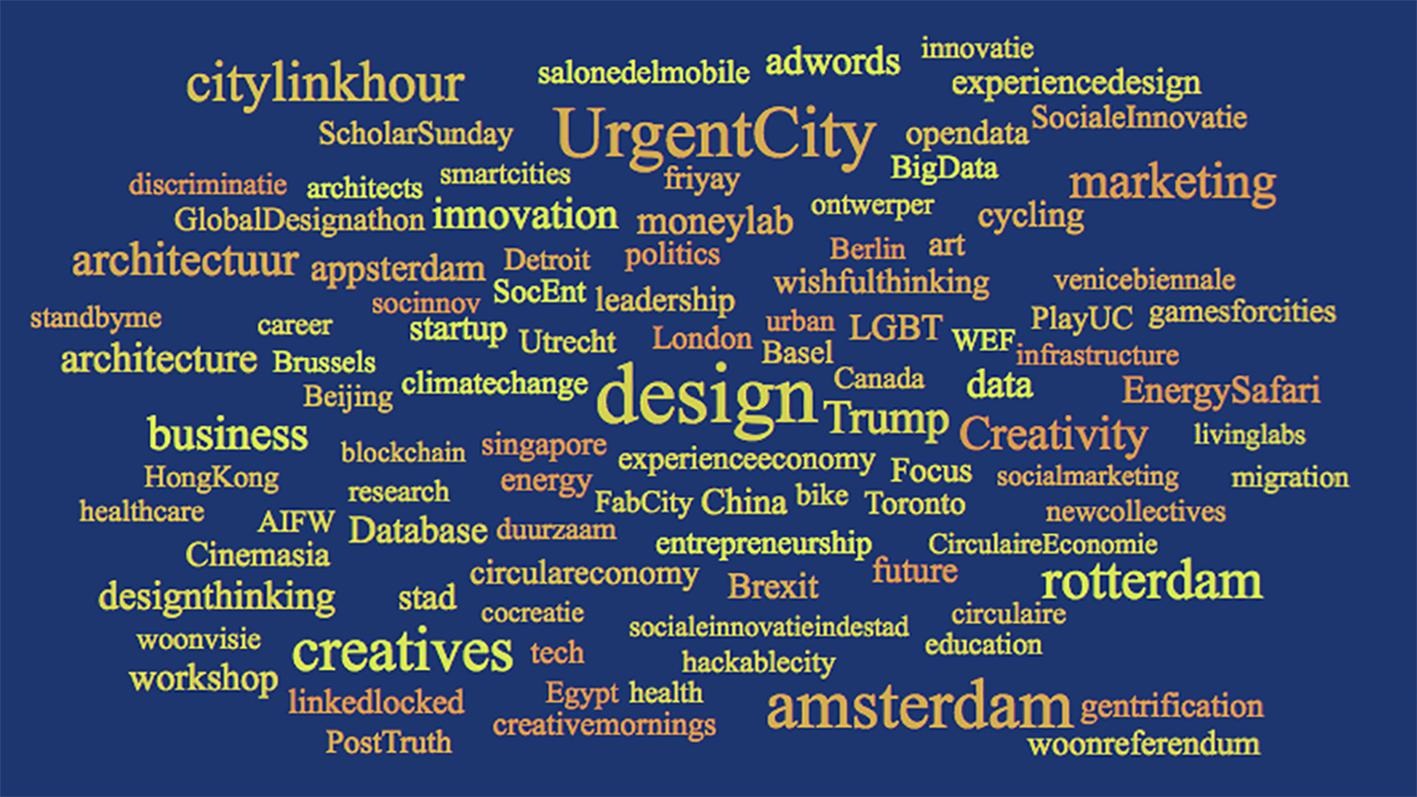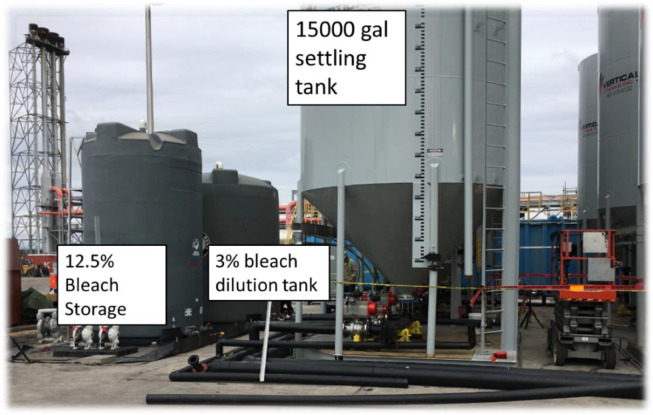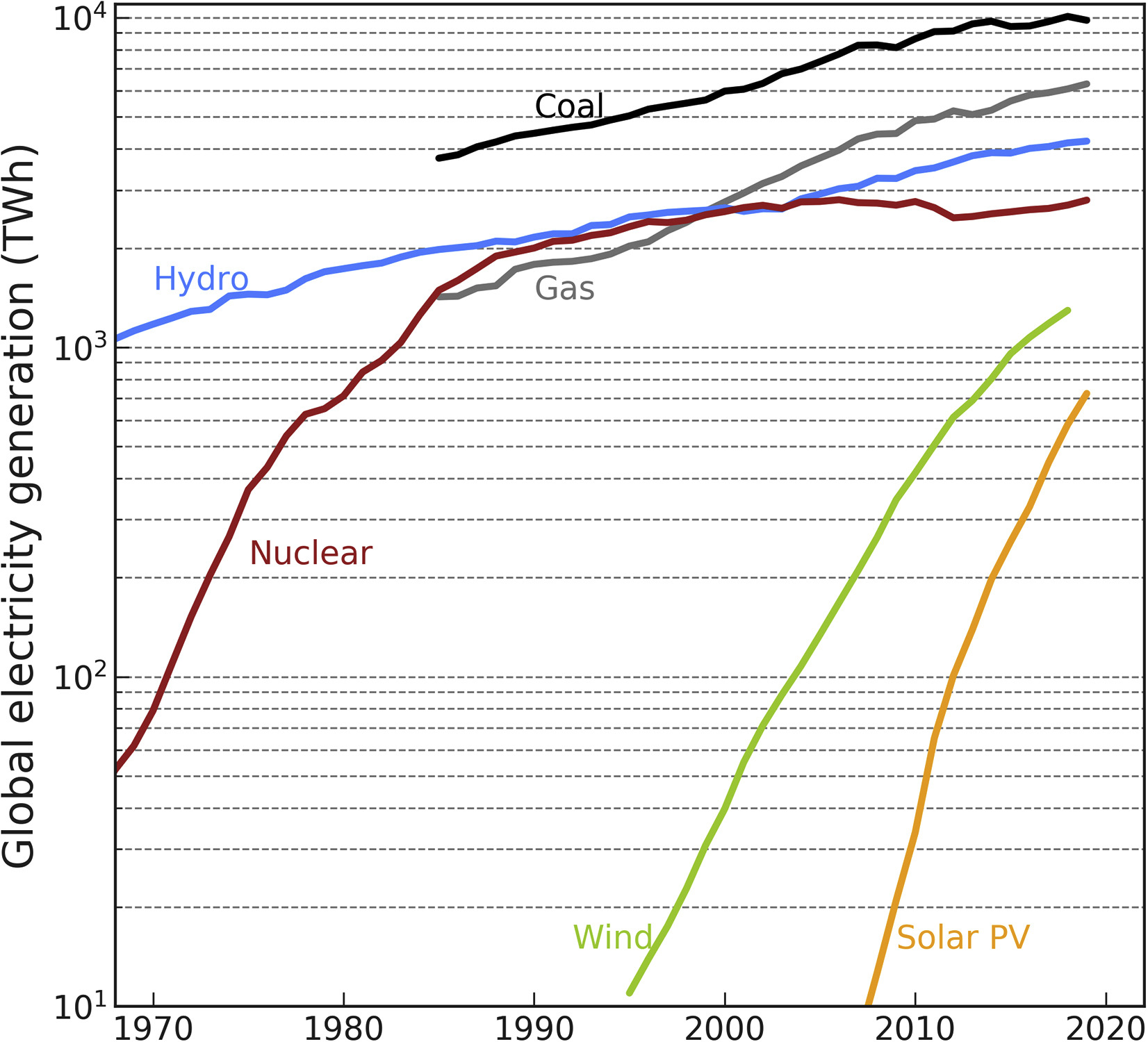Heliyon, Volume 7, May 2021
After a massive disaster, many residents in affected areas are forced to temporarily stay in evacuation shelters. The exact impact of the state of resource supply and infrastructure in evacuation shelters on the health status of evacuees has not been sufficiently studied. Two weeks after the 2011 Great East Japan Earthquake (GEJE), comprehensive surveillance related to the health status and hygiene level was performed for all evacuation shelters (328 shelters with 46,480 evacuees at the peak) in one of the most devastating medical zones after the tsunami hit the area (Ishinomaki City).
Telematics and Informatics, Volume 58, May 2021
We investigate the role of creative skilled migrants in broadcasting an alternative use of technology in support of a sustainable smart city. We do so by analyzing the themes they produced on Twitter. We focus on Amsterdam as a case, and urban planners and designers as examples of creative migrants. Computational methodology allowed for a selection of naturally occurring data in social media.
EClinicalMedicine, Volume 35, May 2021
The Lancet, Volume 397, 8 May 2021
